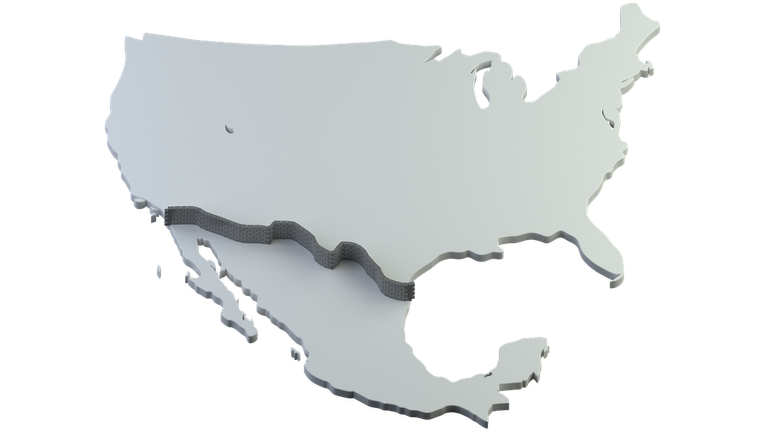
The current administration in the U.S. has promoted itself using a platform of reducing the U.S. intervention in foreign politics. However, this platform is inherently unsustainable, given that the nation has a global presence, and many allies that rely on the U.S. for political stability.
The escalating situation in North Korea is a perfect example of this. North Korea's military R&D is nearing a breakthrough in effectiveness. In order to avoid direct military conflict, and neutralize a clear future threat which could be disastrous for our allies, we need China to use their political leverage with North Korea to keep them at bay.
The U.S. and China have a tenuous relationship, but both nations are unhappy with North Korea's increased aggression towards Japan and South Korea. Another nuclear powerhouse in the region will only cause political and economic instability.
The Trans-Pacific partnership provided a way to keep China's economic and military growth in check, however the Trump administration has made it clear that the deal will be put on pause. Now that TPP negotiations are in the air, they can be used as a bargaining chip with China, to exert force over North Korea.
Further reliance on China is the last thing that the U.S. could want for its own development, but a war with North Korea would be an even more catastrophic consequence. Perhaps the U.S. must give up some economic slack to China in order to keep the region stable.
Of course, with stability in the region will come benefits to global trade, a net gain for the U.S. Time will tell what solution will be reached with North Korea, whether or not regime change will be China-friendly or not. A united Korean peninsula would the U.S.'s first choice, but China's desires will likely prevent that outcome from materializing.